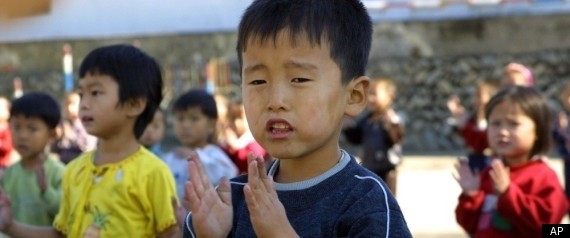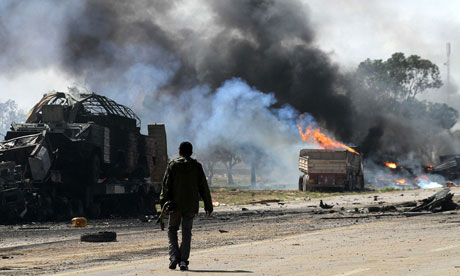NDP Leader Jack Layton said he might still support the government if there are changes he can accept.
“There’s still a little bit of time,” he said. “I know that Mr. Harper and Mr. Flaherty are saying that they can’t possibly talk about amending the budget. I don’t know why. What’s the big obstacle to that? Others have done it before.”
Paul Martin’s Liberal minority government amended its budget in 2005 to meet NDP demands and avoid an election.
Layton said he doesn’t hold out much hope that Harper will bend, adding that will mean the government will fall either to a budget vote or a Liberal non-confidence motion — both expected Friday.
Asked whether he might pre-empt his opponents by asking the Governor General to dissolve Parliament and call an election, Harper gave a flat no.
“Our priority is the economy and that will continue to be our focus as long as we’re allowed to make that our focus,” he said.
Liberal Leader Michael Ignatieff said he’s ready to introduce a non-confidence motion and debate it Friday.
“We have a responsibility to say quite clearly that this government has lost the confidence of the House of Commons,” he said. “This government has lost the confidence of Canadians.”
Bloc Leader Gilles Duceppe said his party, too, will vote against the government. He said the Tories want to be defeated.
“Mr. Harper is not fooling anyone,” he said. “He wants an election at all costs.”
Harper tied up some legislative loose ends by attending a royal assent ceremony Wednesday, bringing into law any lingering legislation that has passed through the House of Commons and the Senate.
The Tories released yet another attack ad Wednesday, accusing the opposition parties of putting the fragile economy in peril by forcing an unnecessary election.
In addition to opposition to the budget, the Tories are facing accusations of contempt of Parliament, and have been dealing with a string of scandals.
The NDP unleashed the election fever Tuesday. Within minutes of Finance Minister Jim Flaherty tabling his budget, Layton said his party did not see enough in the document to warrant continued support of the Conservative government.
“Mr. Harper had an opportunity to address the needs of hard-working, middle-class Canadians and families and he missed that opportunity,” the NDP leader said Tuesday.
Since the Liberals and the Bloc Quebecois had made their opposition to the budget clear from the get-go, the only chance the Tories had of salvaging their plan — and their hold on power — was the NDP.
The budget contained several nods in the New Democrats’ direction.
It included a $300-million top-up to benefits for the poorest of poor seniors. It put $400 million into a one-year program to help homeowners make their houses more energy efficient. And it set aside $9 million a year to entice doctors and nurses to move to rural areas.
For the NDP, it was not nearly enough. They had asked for $700 million for seniors, along with measures to train and hire thousands of new doctors and nurses.
The party also asked for assurances that the federal government would work toward an expansion of the Canada Pension Plan and elimination of the federal tax from home heating. The budget ignored those requests.
The Canadian Press








